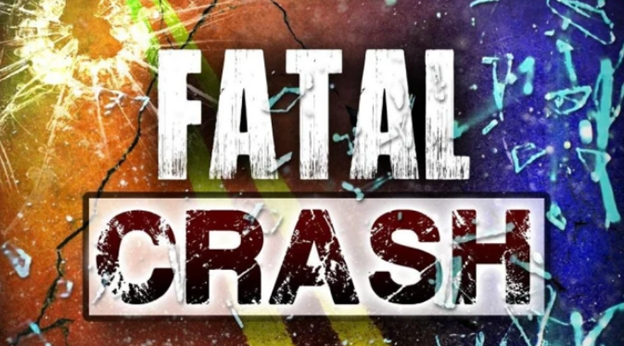Lecture focuses on power of photojournalism
Published 11:20 pm Monday, February 9, 2015

Dr. Martin Luther KIng Jr. credited Spider Martin’s photos for helping to pass the Voting Rights Act.
By Tyra Jackson
The Selma Times-Journal
Dr. Martin Luther King Jr. told young photographer Spider Martin in 1965, “We could have marched, we could have protested forever, but if it weren’t for guys like you, it would have been for nothing. The whole world saw your pictures. That’s why the Voting Rights Act passed.”
A Selma ArtsRevive lecture Thursday will focus on the importance of photography in the Civil Rights Movement.
The lecture will be held Feb. 12 from 7 p.m. to 8:30 p.m. at the Carneal Building on Water Avenue. The Alabama Humanities Foundation is helping sponsor the free event.
ArtsRevive Director Martha Lockett wants the event to be a conversation, where people can ask questions to panelists.
“This is a chance for people to hear stories from people who were there,” she said. “It will be a lively, interactive discussion, and all are welcome.”
Panelists include Alabama State archivist Howard Robinson, Larry Spruill of Morehouse College and Donald Brown from the University of Alabama.
Brown covered the Civil Rights Movement, including the bombing of 16th Street Baptist Church, for The Birmingham News.
“The funeral of the children was very emotional for me,” he said. ‘To see and experience the emotions of the families and people who attended the funeral, you couldn’t help but have some feeling about what you were seeing. If you can cover anything like that, and not have any feeling about it, I would be very surprised.”
On Thursday, Brown will talk about the importance of photojournalists during that tumultuous time.
“I could appreciate the work of the photographers. They were reporters themselves. Very often the pictures were stronger than anything that could be written,” Brown said.
Spruill is a scholar of the Civil Rights Movement and interviewed many photographers for his dissertation, “Southern Exposure: Photojournalism and the Civil Rights Movement.”
“I was one of the first to interview and write about photographers who covered the movement,” he said.
Spruill said he will discuss the significance of photographers and how Dr. King used cameras as nonviolent weapons.
“Without cameras, we would not be able to see how intense the struggle was,” Spruill said.
Moderating the forum will be Birmingham Civil Rights Institute Archivist Laura Anderson.





